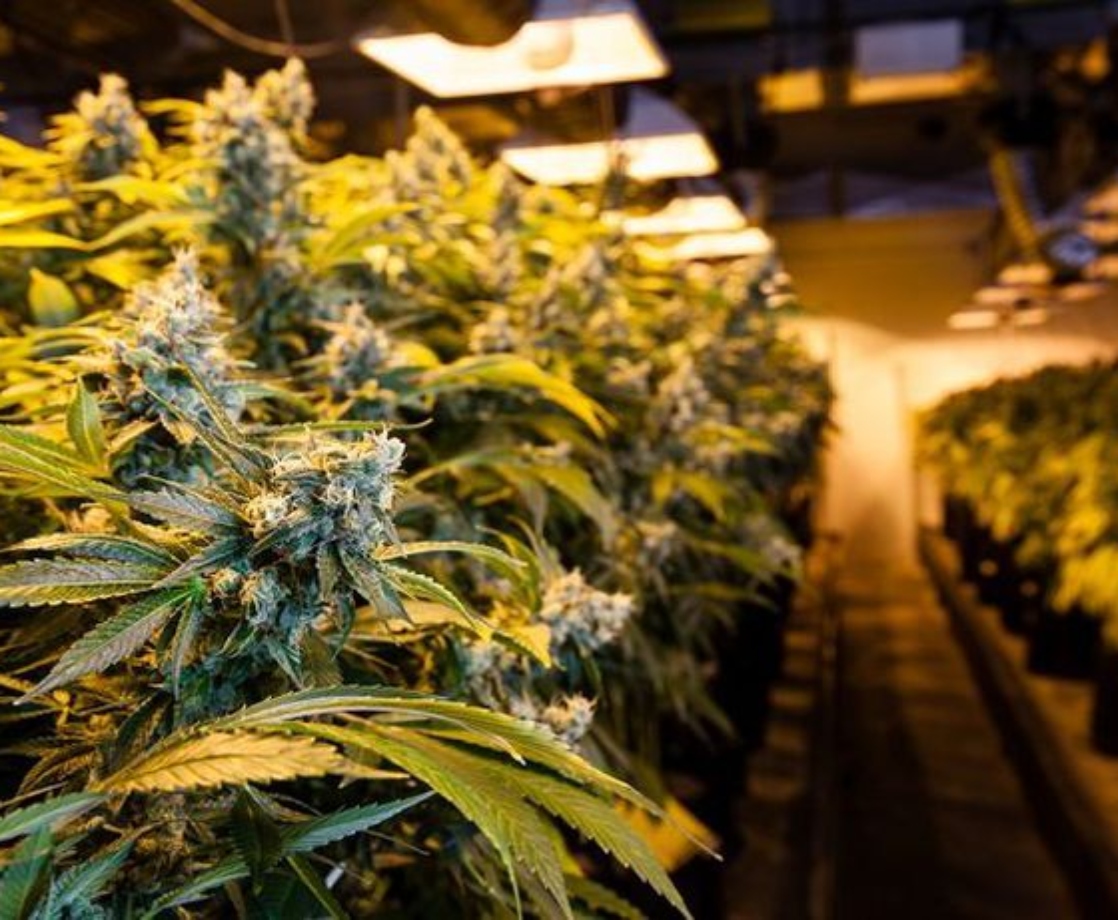Nevada started selling recreational-use marijuana at 47 state-sanctioned retailers last weekend, and the Copper State pot shops have already sold upwards of $3 million worth of product, bringing in over $1 million in tax revenue. But now, less than 10 days since Senator Tick Segerblom bought the first bag of retail pot, Nevada’s recreational dispensaries are already running out of product, with no way to legally re-stock their shelves. To plow through the state’s first significant legal weed roadblock, Governor Brian Sandoval will back the Nevada Department of Taxation’s “state of emergency” and look for a quick fix to the state’s cannabis distribution issue.
"Based on reports of adult-use marijuana sales already far exceeding the industry’s expectations at the state’s 47 licensed retail marijuana stores, and the reality that many stores are running out of inventory, the Department must address the lack of distributors immediately. Some establishments report the need for delivery within the next several days," Department of Taxation spokeswoman Stephanie Klapstein told the Reno Gazette Journal.
The problem stems from a provision in Nevada’s legalization law that gave the state’s wholesale liquor distributors exclusive rights to distribute recreational cannabis for the first 18 months of sales. But as of today, only seven liquor distributors have applied for a position in the cannabis industry, with none of them meeting the required standards to obtain a cannabis license. To make matters worse, when the Department of Taxation first attempted to license outside distributors they were met with a lawsuit and a court order to respect the law as written, liquor industry and all.
Still, the liquor businesses used to storing and hauling Budweiser and Belvedere aren’t picking up the pot game quickly enough to meet Nevada’s newfound demand.
"We continue to work with the liquor wholesalers who have applied for distribution licenses, but most don’t yet meet the requirements that would allow us to license them. Even as we attempted to schedule the final facility inspection for one of the applicants this week, they told us their facility was not ready and declined the inspection," Klapstein said.
To solve the problem Governor Sandoval and the Department of Taxation will try to pass an emergency regulation aimed at superseding the Carson City court’s ruling and licensing non-liquor industry distributors.
If they are unable to pass the emergency regulations most, if not all, of the state’s recreational pot shops will be forced to close their doors and lay-off employees. For the state’s cultivators, a lack of legal channels could cause more firings and push more weed into the inter-state black market. Additionally, the state would be losing the tax money that would have come with a successful distribution model in place.
"The business owners in this industry have invested hundreds of millions of dollars to build facilities across the state.” Klapstein said. “They have hired and trained thousands of additional employees to meet the demands of the market. Unless the issue with distributor licensing is resolved quickly, the inability to deliver product to retail stores will result in many of these people losing their jobs and will bring this nascent market to a grinding halt. A halt in this market will lead to a hole in the state’s school budget."











